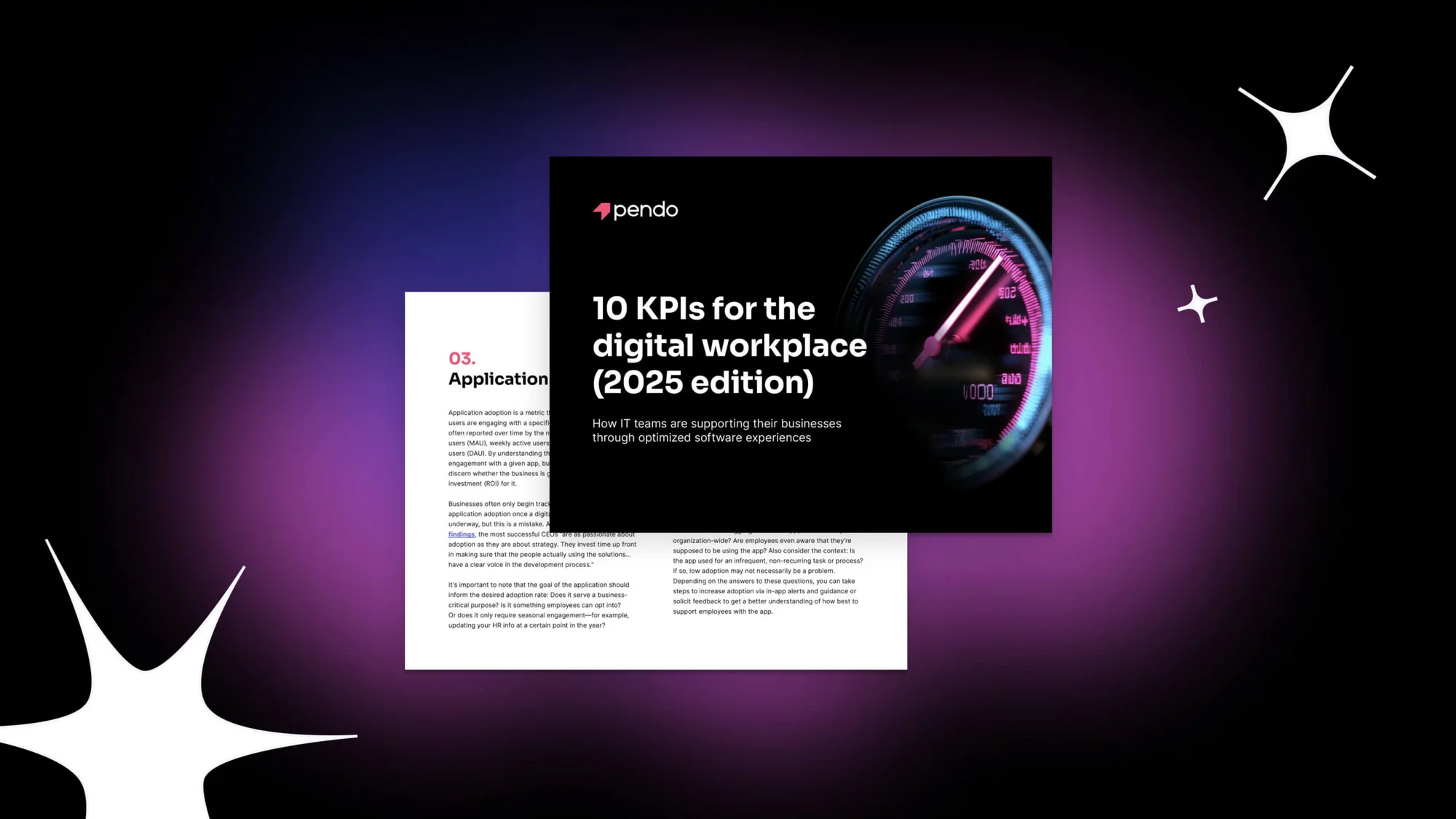As the world continues to change faster than ever before, it’s impacting how we interact with businesses both at work and in our personal lives. Remote work has become the norm, and will continue to increase in relevance even as other things return to pre-pandemic normals. Customers’ needs are also shifting, and they now expect to be able to interact with any business digitally. Companies are facing immense pressure to keep up, requiring a reinvigoration of (or newfound focus on) digital transformation.
Against this backdrop, two recent trends in software have accelerated, too: low-code application building and digital adoption platforms. Combined, they offer a way for teams to overcome resource challenges and release apps faster, while ensuring users are properly equipped to actually adopt and find value in these tools.
Modern development platforms, like OutSystems, enable organizations to develop, deploy, and manage mobile and web-based applications and create tailored user experiences in less than half the time and cost of a traditionally-developed app. Digital adoption platforms, like Pendo, help teams onboard and guide users to ensure they are productive from day one, and offer usage analytics so product leaders know where users are finding value.
Each of these technologies is useful on its own, but the real power comes from using them together. This is particularly important for large enterprises that need to quickly build and release what can be complex applications and make sure users are equipped for success.
With the power of OutSystems and Pendo together, you can:
Onboard users to their aha moments faster
Once you’ve used OutSystems and its component based design to build your application, you need to be sure users understand both how to use your app and how it will help them accomplish their jobs to be done. During onboarding, it’s crucial to highlight the features that best demonstrate your product’s value, and do so in a way that will encourage continued use. With Pendo, you can bring onboarding inside your application itself and create targeted in-app guides that provide contextual information to new users as they navigate the product. It’s also useful to personalize these communications–for example, based on job title–so that each user utilizes the functionality that is most relevant to their workflows.
Understand user journeys to increase business impact
Beyond onboarding, app owners benefit from understanding how users are navigating their product on an ongoing basis. When you leverage Pendo for an app built on OutSystems, product analytics provide insight into which features are accessed the most, where users are getting stuck, or how they are utilizing the application in ways you didn’t expect. This all helps inform where you should prioritize resources for the next set of improvements, ensuring teams are working on the right things.
Collect actionable feedback
In addition to analyzing product usage, app owners should marry this quantitative data with qualitative feedback. With Pendo, you can meet users where they already are and collect feedback inside your application using in-app surveys (e.g. an NPS survey). Even better, the information you collect on user behavior helps inform how you target these surveys. For example, if there is an app feature used only by a small set of users, you can ask these users for feedback about why they’re using said feature and the value it brings them. In the end, all of this feedback gives your team a better sense of what to build next and where they should focus their efforts.
Proactively answer questions to avoid confusion
Once you’ve built a new application, the last thing you want is a flood of support tickets from users who don’t understand how to use it. Teams can leverage Pendo’s in-app guides to proactively answer common questions right inside the application, offering just-in-time support during key workflows. You can also bring your knowledge base resource inside your app, giving users an always-on source of information that they can refer to when questions are top of mind.
Improve the employee experience
For internal applications, combining the power of OutSystems and Pendo means you’re able to improve employees’ experience. Without in-person interactions at physical offices, the applications we use for work have become our new workplace. Organizations that build internal apps are often pressed for time, and need to ensure employees actually adopt these tools once they are released. By leveraging Pendo to onboard and educate users in-app, you’ll increase time to value and give employees more time to focus on the high-impact parts of their jobs. Product data provides insight into how they use the applications you build, allowing your team to better prioritize their time as well.




